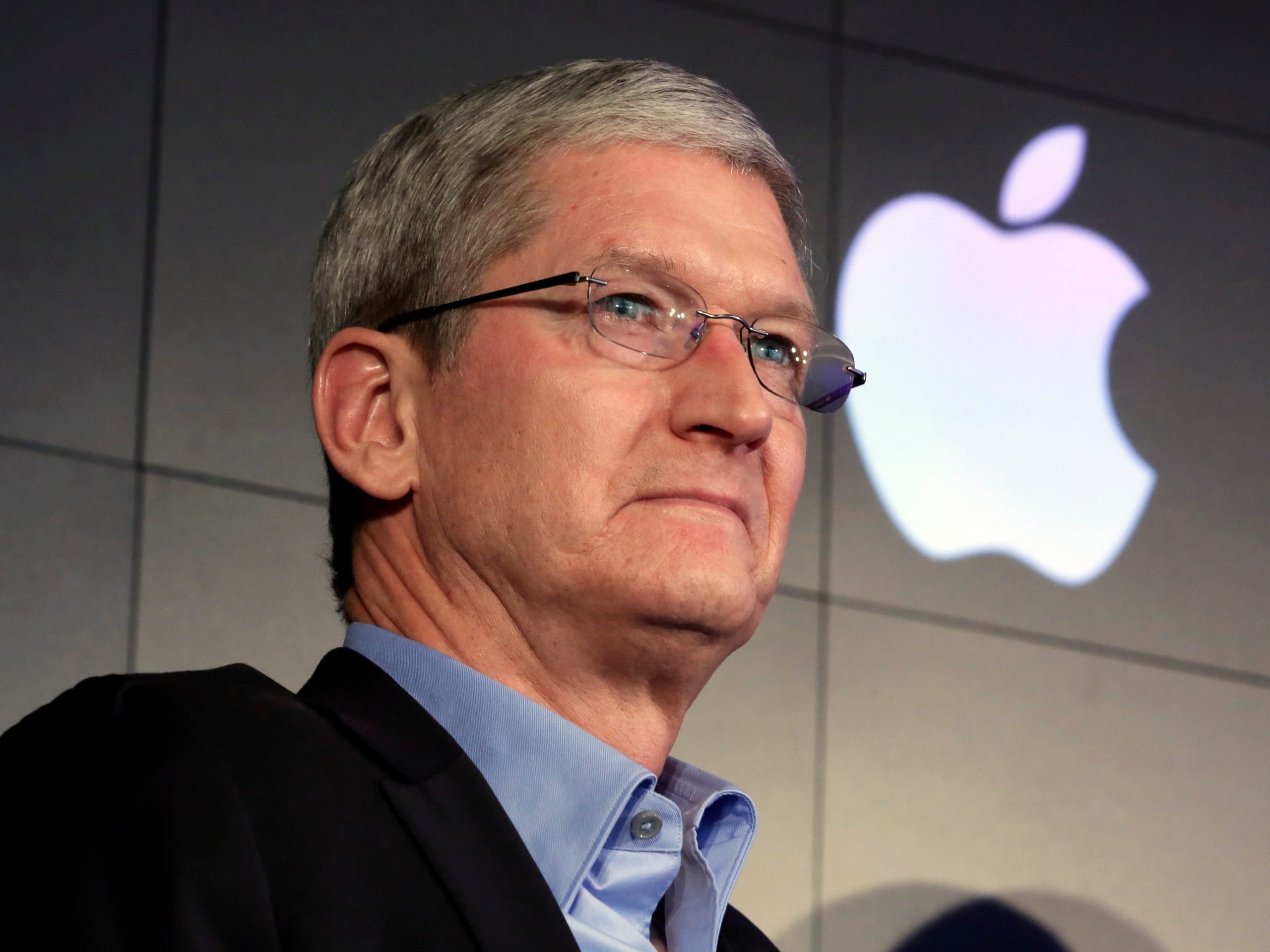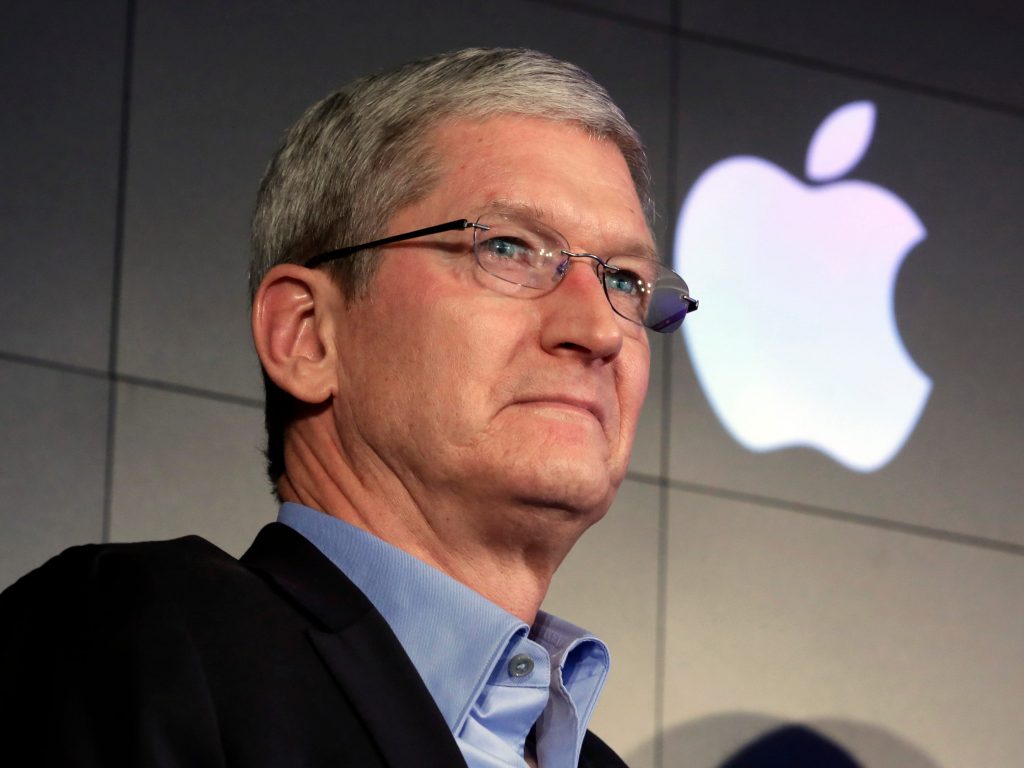
AP Photo/Richard Drew
- Apple warned that allowing iPhones to use apps from outside its App Store is a security risk.
- The company's comments come as the House debates five bills intended to curb big tech's power.
- The proposed laws could force Apple to allow apps onto its smartphones from anywhere.
- See more stories on Insider's business page.
Apple said its App Store protects customers from security and privacy risks, and users would be at risk if they were allowed to install apps from outside the store.
In a sweeping post published Wednesday, Apple warned allowing users to sideload – or download apps onto their smartphones from outside the App Store – would open the doors to cybercriminals, malware, and scammers. That reality would also put children at risk, Apple says, since apps from outside its App Store wouldn't have parental controls.
"Allowing sideloading would degrade the security of the iOS platform and expose users to serious security risks not only on third-party app stores, but also on the App Store," Apple said.
Users can only currently download apps onto their iPhones through the App Store, and the company reviews each one for security reasons before it green-lights it to be downloaded.
Apple's 16-page warning comes the same day House lawmakers will debate a set of antitrust bills designed to loosen tech companies' grip on the digital market.
Two of the five bills - the American Innovation and Choice Online Act and the Ending Platform Monopolies Act - would affect Apple, forcing it to allow users to download apps onto their smartphones from outside its lucrative App Store.
Amazon and Google have said the proposed antitrust legislation could harm small businesses. A Facebook spokesperson said the bills would be a "poison pill for America's tech industry" and hinder the US from competing against overseas rivals. Other tech-funded groups have also pushed back on the bills.
Apple's post also comes after the company has faced considerable antitrust scrutiny over its App Store, which takes a 15% to 30% fee from in-app purchases, a practice that developers have long said gives it an unfair advantage.

